Part 54: Europa Universalis III: Chapter 23 - Revolutions: 1700 - 1720
1700 - 1720: Revolutions
The Reichstag of 1700 ends with a victory for the Moderates. The Cabinet proposal passes, as does the Revised Golden Bull.


Before long the additional troops, diplomats and contributions required by the new Golden Bull begin to arrive.
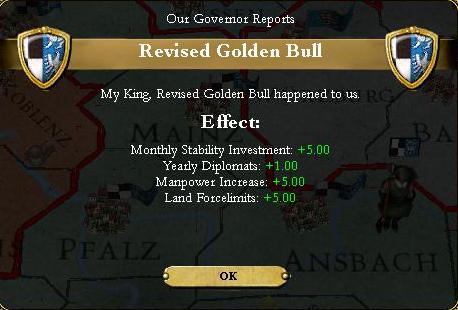
In March of 1700, the Swabian Baltic fleet, consisting of five galleons and fifteen frigates, stands ready to project Germanic power in the Baltic.
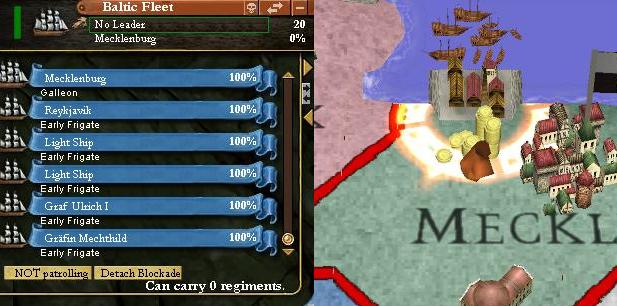
Another Iberian colonial holding, the Muhajedz province in North-Eastern Jadakal, rises against the Caliphate in April, declaring the independent Sultanate of Muhajedz.
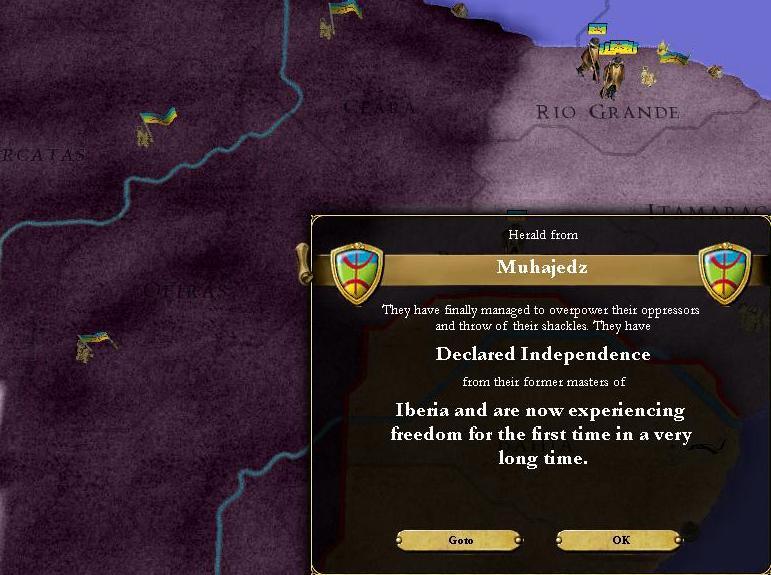
Calm settles over the Empire in the wake of the Reichstag, as both Austria and Swabia begin to turn their eyes elsewhere for expansion. Franz Schupp, the Colonial Govenor of the Swabian East Indies, has long desired control over the Korean islands of Macau and Hainan off the south coast of China.
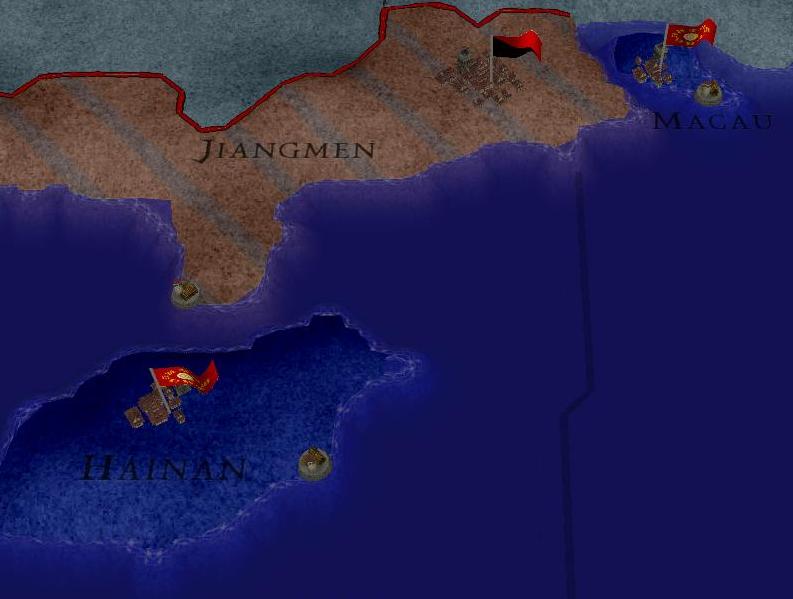
When the Ming and Qin dynasties become embroiled in war in 1703, he sees his chance, declaring war against Korea. Japan and Ming joins the war in its defense, but the Qin dishonor their guarantee rather than fight on the same side as the hated Ming.
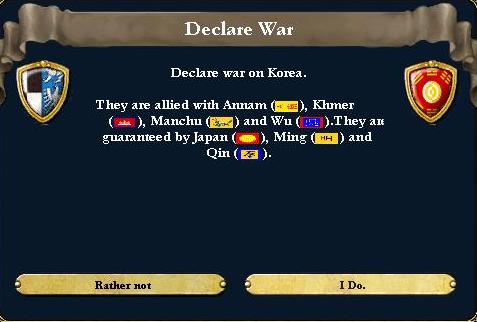
5,000 colonial troops land on each of the two islands, beginning to besiege their fortifications.
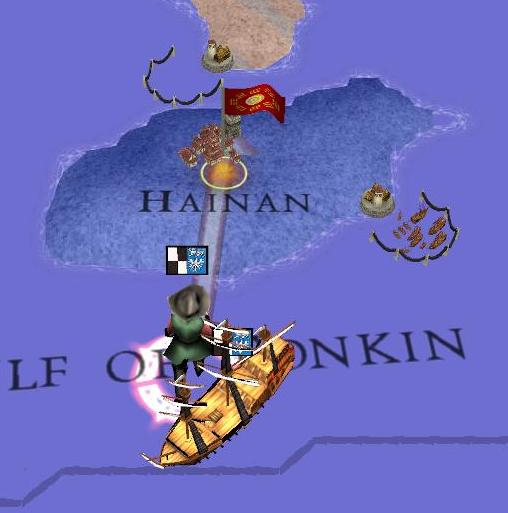
The Japanese fleet proudly sails out of port to engage the western devils. Twenty galleons from the Swabian East Indies fleet stand ready to meet Japan's old warships, and the Japanese fleet is utterly crushed.
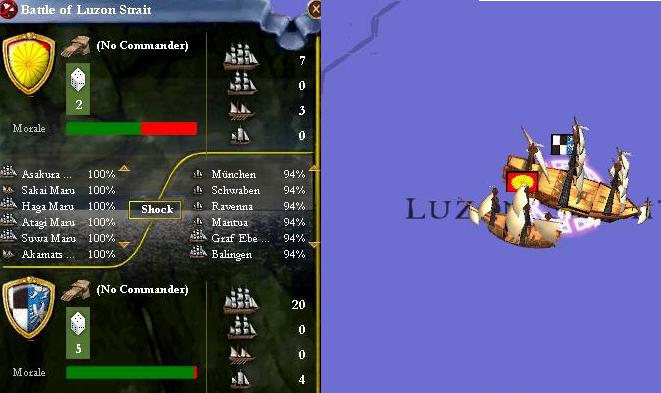
Defeated and humiliated, the Japanese agree to pay tribute for peace.

By spring of 1705, Macau and Hainan are occupied, and Korea is forced to cede both islands. The Ming offer a large tribute in exchange for peace a few days later, and the brief war is over.

Construction of a war college to educate and train the next generation's officer corps begins in Württemberg in March.

In 1706, a three-way alliance is signed between Austria, Lithuania and France, forming an impressive continental power block. To counter, an alliance is signed between the Byzantine Empire and Great Britain, who now together with Swabia form a three-way alliance of their own. Not long after the alliances are signed, Austria and Lithuania launch a joint invasion of Poland with the intention of paritioning its lands between them.

Poland is chanceless, losing a full half of its territories in the ensuing peace. Left is only a small rump state stretching from Warsawa to Silesia.
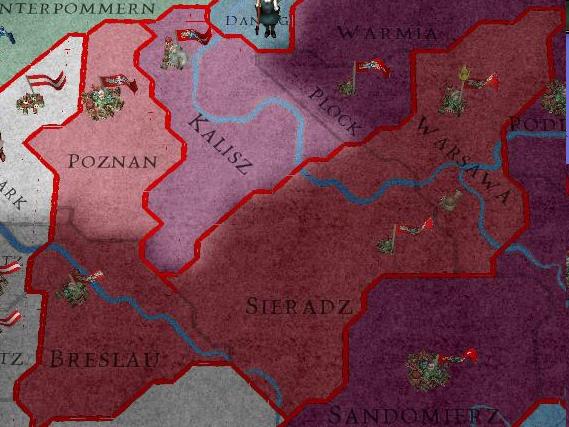
Old, decadent and weak, the Hammadid Dynasty of Iberia falls in May of 1709 to a palace coup. A foreign dynasty, the Tahirids of Yemen, is given the throne in the hopes that a new Caliph not mired in Iberian court politics may be able to bring order.
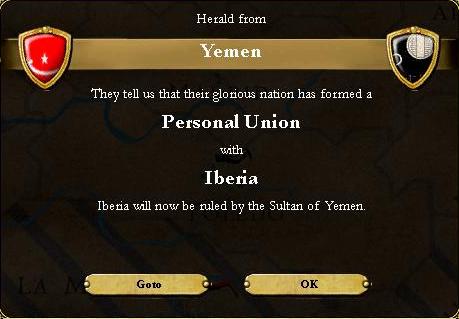
Dissent is growing in Scandinavia's colonies in 1710, with the island of Blåland off the eastern coast of North America going so far as to publically state its intentions to secede.

A wave of nationalism and liberalism is spreading across Europe, nowhere more violently than in feudal France. The newly formed Republics of Brittany, Aquitaine and Nevers have all risen up in revolt against serfdom and monarchy.
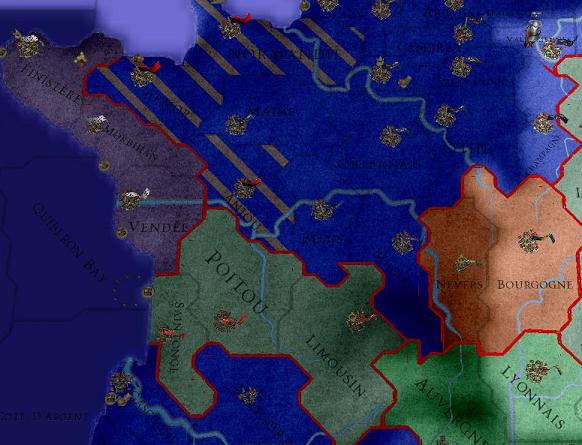
Even Morocco, which has remained fairly stable since the last war against Swabia, is facing revolts, with the islands of Tarrbitz and Jamaica in the Caribbean rising in revolt and seceding in 1715.

Swabian's budgeoning colonial empire remains calm and stable, asides from the occasional quickly surpressed revolt in its new Chinese ports. A steady expansion across Java has put most of the island under Swabian rule come 1718.

By the end of 1719, the Tahirids have restored order to mainland Iberia, though at the expense of most of its colonial empire.
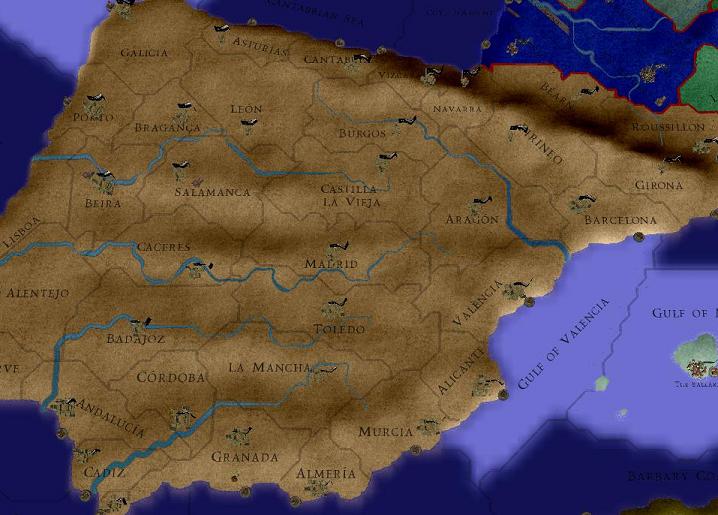
In Central America, the Islamic Republics of Mazula and Qtizi have proclaimed their independence, conquering significant tracts of lands from Iberia. Mazula's rule now stretches all the way up to the Bering Sea.
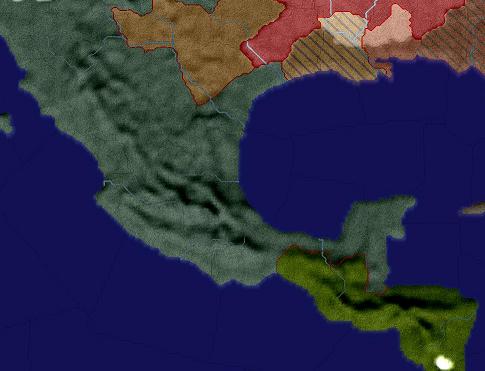
In Jadakal, the Sultanate of Asmunakal has joined Alusal and Muhajedz in declaring independence from Iberia.
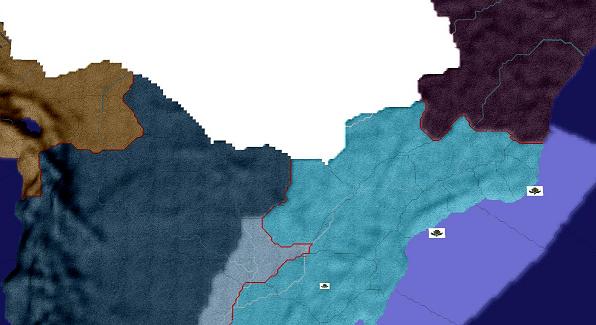
Of the formely so widespread Iberian colonies, all that remains is the southernmost and northeastern parts of Jadakal, along with a few scattered possessions in Africa. Still, with its fleet no longer stretched impossibly thin and its homeland back under control, Iberia's economy has improved markedly, and it now appears on the rise once more.
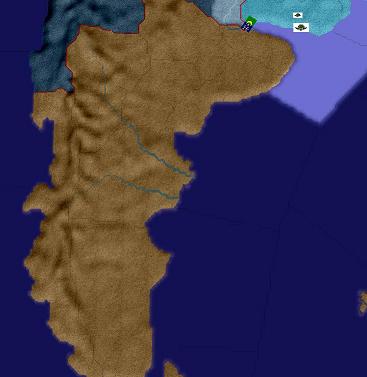
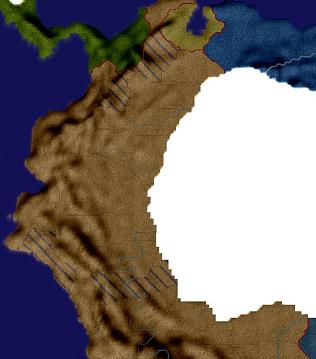
The revolutions, however, have only begun.